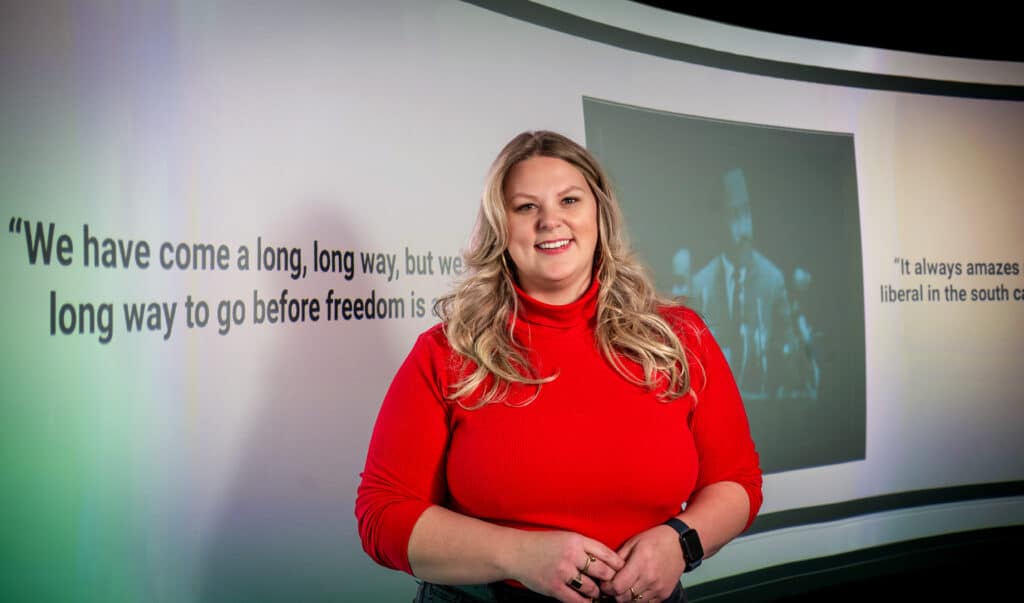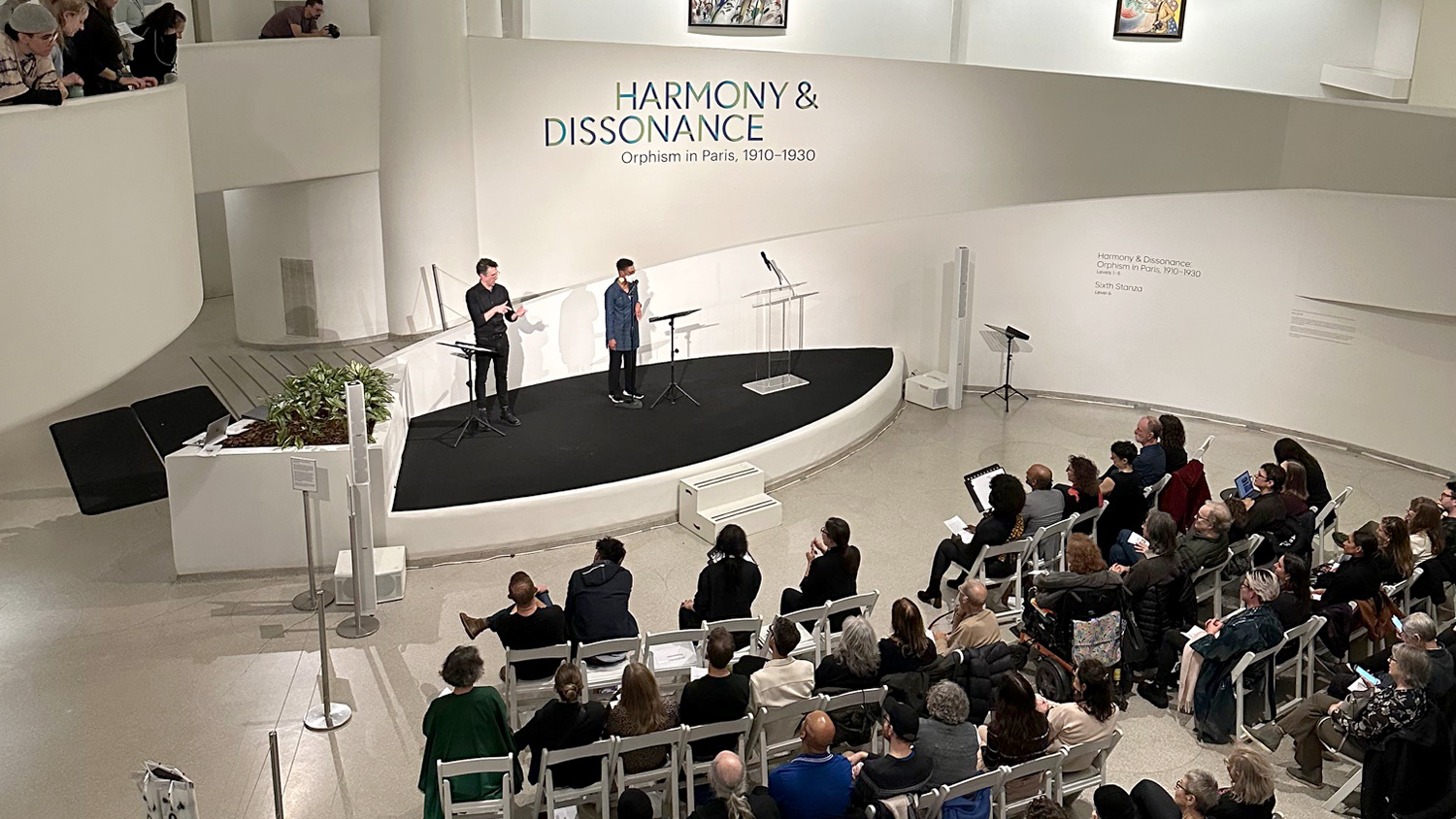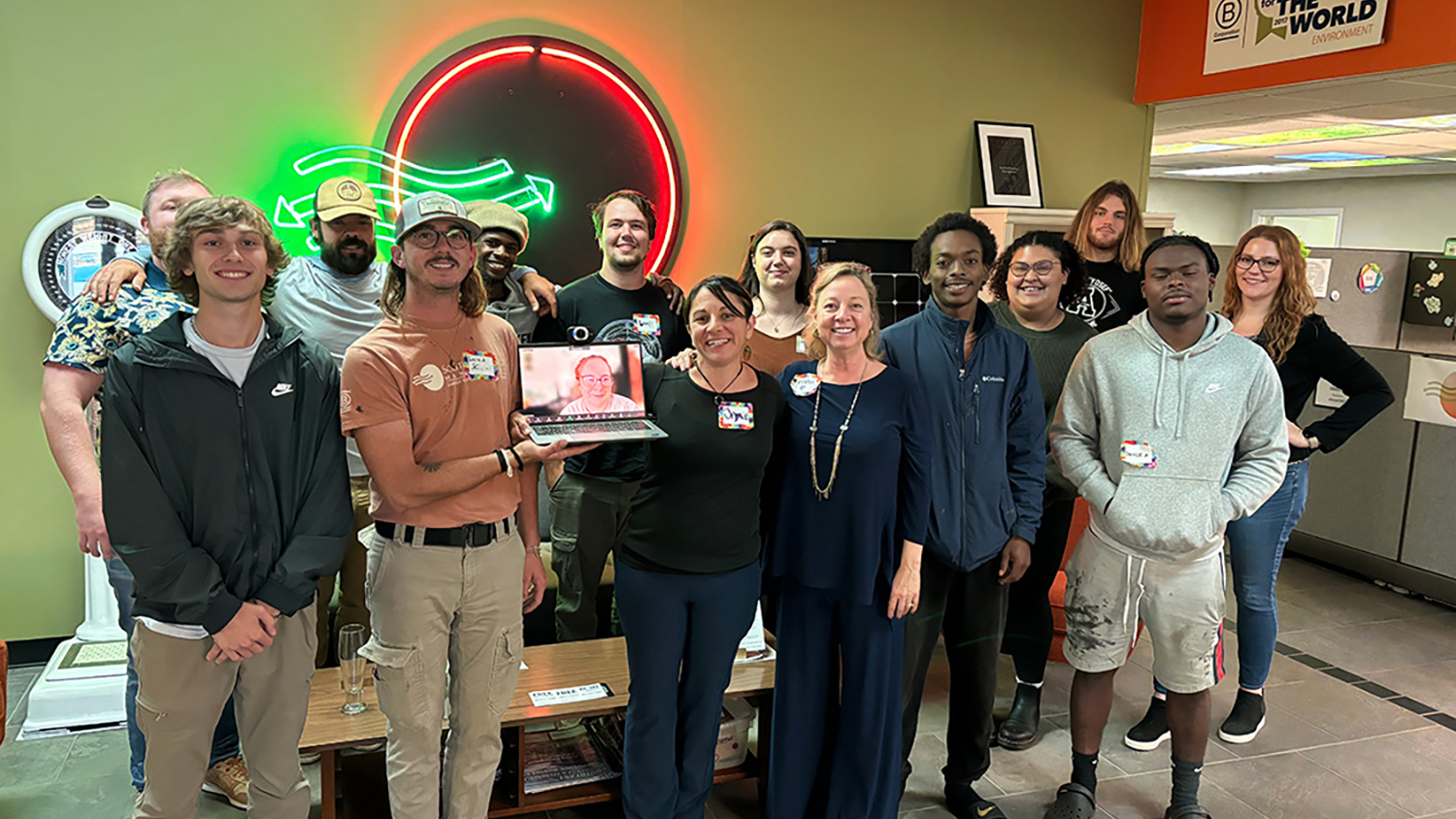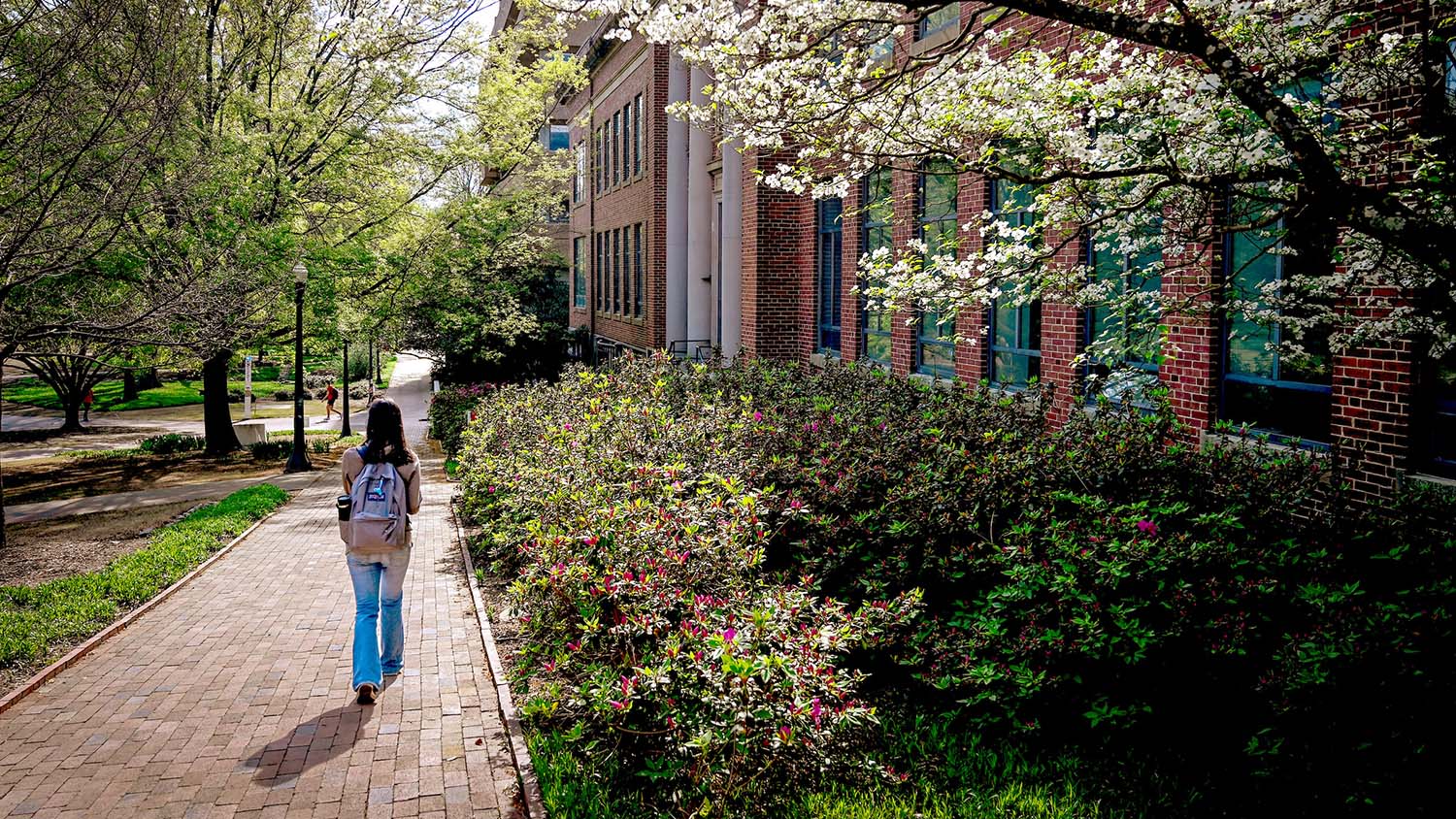The Day King Addressed Campus — and the Klan Marched on Raleigh

The never-before-released film images are stark and a little hard to watch: hundreds of Ku Klux Klan members marching through the crowded streets of downtown Raleigh on the same day the Rev. Martin Luther King Jr. spoke at NC State’s Reynolds Coliseum.
They’re disturbing not because of the violence that ensued — none did — but because of how seemingly typical that Sunday afternoon march was. It was well-organized, with security officers, police and eight photographers from the local newspaper chronicling the event, as well as student protesters from local universities.
“Raleigh needs racial understanding, not the Klan,” read one of the signs.
“We need brotherhood, not the Klan,” read another.
Meanwhile, King was speaking to some 5,000 people and a statewide television audience on public television station WUNC-TV. Only one photographer, from a national wire service, captured that event.
For years, little was recorded about July 31, 1966, when both King and the Klan came to town.
Jason Miller, professor of English at NC State, has devoted the last 10 years to research about King and his speeches, including the one King gave that hot summer day nearly six decades ago. In concert with the university’s African American Cultural Center, Miller put together a black-and-white photo exhibit and presentation about the event in 2020 while serving as the center’s professor-in-residence.
98 Seconds of History on Super 8
Because of that exhibit, Raleigh resident Marshall Wyatt contacted Miller about some Super 8 film footage his father shot of that day, a scant 81 seconds of color footage of the Klan march and 17 seconds of King speaking at Reynolds, recorded by pointing a camera at the Wyatt family’s black-and-white television in their Raleigh home.
With the dedicated help of fourth-year Ph.D. candidate Margaret E. Baker, a filmmaker and digital specialist whose research focuses on race relations in the rural South, that footage was turned into a 10-minute immersive experience that will debut at D.H. Hill Jr. Library on Wednesday, Jan. 17, from 6 to 7 p.m., a capstone for the university’s Martin Luther King Jr. Day celebration.

“I had the technical background to offer some perspective,” says Baker, who included about 80 black-and-white photographs with the color footage. “When he asked, ‘Do you want to work on this?’ I said yes, having zero bandwidth to do so as I finish my dissertation.’
Baker, a 20-year resident of Raleigh who earned her undergraduate degree at Campbell University and her master’s degree at Elon University, did more than just produce the 10-minute film including the found footage. She also created a 20-minute companion preview video — featuring Miller, former Vice Provost for Institutional Equity and Inclusion Joanne Woodard, former African American Cultural Center program director Toni Thorpe and Chancellor Randy Woodson — that contextualizes the Klan and King footage for modern sensibilities.
Viewers are warned at the beginning of Baker’s film that the content may be disturbing.
“It’s really assaulting,” Baker says. “I was very much of the mind that we had to find a way to do this that honored the legacy of King on our campus, but also made our community and the community that came to see the project safe and comfortable.
“That’s why we made the contextualizing companion film: why it’s important to our community, why it should be there. There should be an archive about this for our campus and more broadly for Raleigh. The two separate pieces work in concert with one another because this project shouldn’t be viewed without that context.”
Miller will speak as part of a keynote panel titled “Persistence: A Roadmap to Equity, Freedom and Justice” on Tuesday, Jan. 16, in the Coastal Ballroom in Talley Student Union. Also on the panel are Keon McGuire, associate professor of higher education opportunity, equity and justice; DeLeon Gray, associate professor of education psychology and equity; and Chazzlyn Jackson, Ph.D. candidate in sociology.
This post was originally published in NC State News.
- Categories:


